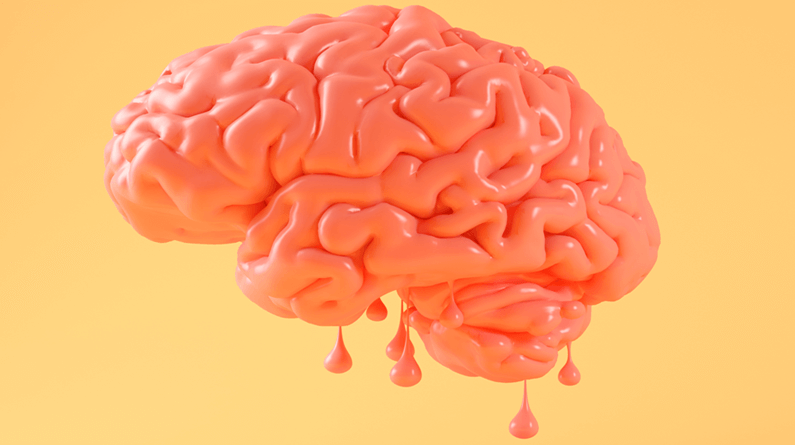The Power of Dopamine: Unlocking Motivation and Pleasure
Dopamine is a neurotransmitter that plays a vital role in our brain’s reward and pleasure centers. It’s often referred to as the “feel-good” hormone, as it’s released when we experience pleasure, motivation, and interest. Dopamine is essential for various bodily functions, including:
– Learning and motivation
– Sleep and pain processing
– Mood and attention
– Heart rate and blood vessel function
– Kidney function and movement
The Consequences of Dopamine Imbalance
An imbalance of dopamine can lead to various mental and physical health issues:
– Low dopamine levels: Depression, dementia, Parkinson’s disease, Attention Deficit Hyperactivity Disorder (ADHD)
– High dopamine levels: Mania, hallucinations, schizophrenia, addiction
The Role of Dopamine in Addiction
Dopamine release is associated with feelings of pleasure and reward. When we engage in activities that stimulate dopamine release, we’re more likely to repeat them. This can lead to addiction, as we seek higher and higher levels of pleasure.
Boosting Natural Dopamine Production
Fortunately, there are ways to increase natural dopamine production:
1. Eat protein-rich foods: Include protein-rich foods in your diet to support dopamine production.
2. Reduce saturated fat intake: Limit your consumption of saturated fats to promote healthy dopamine levels.
3. Increase probiotic intake: Probiotics support gut health, which is linked to dopamine production.
4. Exercise regularly: Physical activity stimulates dopamine release and improves overall health.
5. Prioritize sleep: Aim for high-quality sleep to support dopamine regulation.
6. Practice stress relief techniques: Meditation, yoga, and other stress-relief techniques can help regulate dopamine levels.
7. Develop hobbies and interests: Engage in activities that bring you joy and stimulate dopamine release.
8. Surround yourself with positive people: Spend time with optimistic friends and relatives to support healthy dopamine levels.
Medical Uses of Dopamine
Dopamine is sometimes prescribed for medical conditions, such as:
– Low blood pressure
– Poor cardiac output
– Low blood supply to vital organs
– Septic shock
However, dopamine can interact with other medications and cause complications, such as trouble breathing, chest pain, and irregular heartbeat.
References:
https://www.sciencedaily.com/releases/2016/08/160831085320.htm
https://www.healthline.com/nutrition/how-to-increase-dopamine
https://www.goodtherapy.org/blog/what-is-dopamine-deficiency-low-dopamine-symptoms-to-watch-for-0926197
https://www.webmd.com/mental-health/what-is-dopamine

